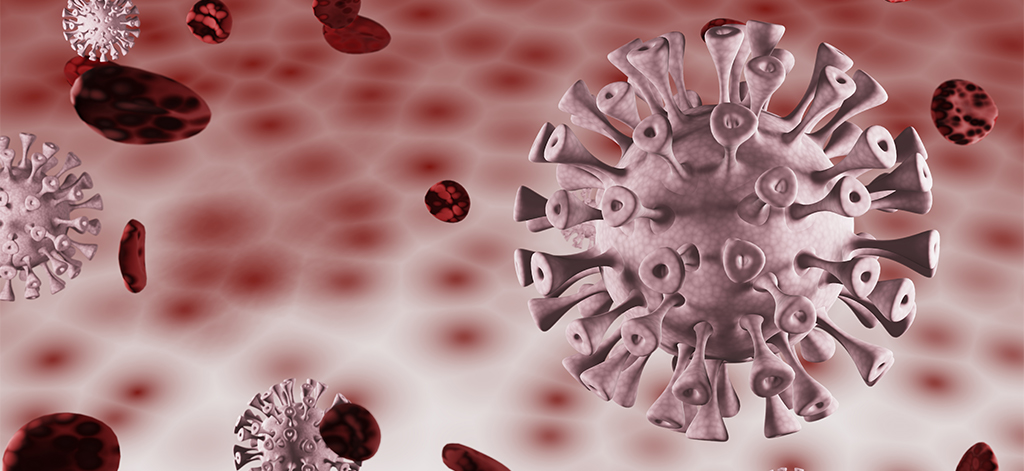New COVID-19 strains ‘poised to unleash’ more severe infections – UN
Since September, the devastation wrought by the COVID-19 pandemic has deepened, infecting close to 100 million people, costing more than $3 trillion in lost wages and intensifying obstacles for peace and security around the world, the UN political chief told the Security Council on Monday.
And while the pandemic has “hindered diplomatic action and complicated our peacemaking efforts”, Rosemary DiCarlo, Under-Secretary-General for Political and Peacebuilding Affairs said via videoconference that it has “amplified the prevention challenge” and aggravated underlying dynamics of armed conflicts.
Moreover, “new strains of the virus are poised to unleash more severe waves of infection at a time when health systems and social safety networks are already on the brink”, she told the meeting on the implementation of the UN Secretary-General’s call for a global ceasefire.
Pressing concern
The pandemic’s impact on peace and security is a “pressing concern”, Ms. DiCarlo said.
By upending lives and economies, challenging community relations and undermining trust in the institutions meant to address its fallout, she maintained that “the pandemic has exacerbated inequality and corruption; bred misinformation, stigmatization, and hate speech; and created new flashpoints for tension and increased risks of instability”.
The situation is especially precarious for women, youth and marginalized populations, who are particularly vulnerable to income loss and escalating gender-based and domestic violence.
Global ceasefire call
In pointing to the momentum generated by the global ceasefire so nations can focus instead on fighting COVID-19, Ms. DiCarlo cited Libya as an example of how sustained political engagement, more unified support from the international community and commitment by the parties can lead to tangible progress.
She also spoke about the opportunity it has brought about for Afghan peace negotiations to “end decades of instability and conflict”, disarmament efforts underway in Mozambique, and hope for peace in eastern Ukraine.
Notwithstanding these positive developments, some situations have witnessed dangerous escalation, such as clashes between Armenia and Azerbaijan in the South Caucasus.
‘Political stress test’
“One thing is clear: The pandemic has served as a political stress test as much as a structural and public health one. It has laid bare where acute crisis is seen as an opportunity to gain advantage on the battlefield or as a pretext to perpetuate or entrench oppressive practices”, said Ms. DiCarlo.
But she added, “it has also confirmed that where there is real political will to make and sustain peace, almost no barrier is insurmountable, especially if there is support from the global community”.
Tip of the iceberg’
To date, close to 99 million people are confirmed to have contracted the coronavirus around the world, according to World Health Organization (WHO) figures. Almost a quarter of them live in countries facing humanitarian or refugee crises, Humanitarian Affairst chief Mark Lowcock, said in his update.
“As the tip of the iceberg, most cases are still not in the figures”, he stated, noting that many poor countries are amidst a dangerous second wave and new and more infectious variants will make the situation worse.
Acknowledging that while vaccines “show the way out”, he said that “no one is safe until everyone is safe, and the risk that the most fragile countries are at the end of a long, slow-moving queue for the vaccine imperils us all”.
Full story here



